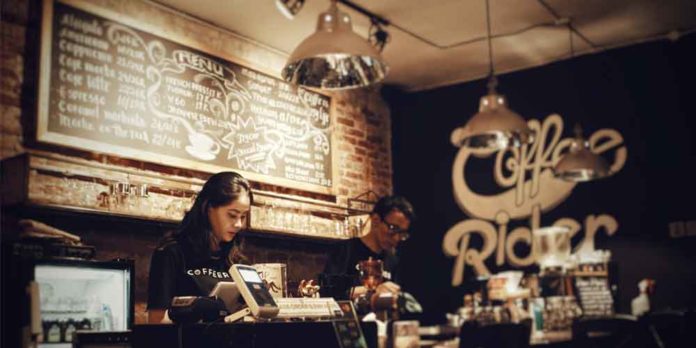Joseph Cox is the wholesale expert at sales enablement software developer sales-i
Hospitality businesses buoyed by the warmer summer months and the Chancellor’s ‘Eat Out to Help Out’ scheme now face the challenge of Autumn rapidly approaching, tightened consumer purse strings and potential further business interruptions caused by local Covid-19 related lockdowns. Against this highly challenging and uncertain backdrop, here are five ways wholesalers can adapt their operations to best support an industry still very much in the eye of the Covid-19 storm.
Flexibility pays
From toilet rolls and flour to hand soap and paracetamol, fluctuating product demand has been a key feature of commercial life under lockdown, with many businesses struggling to fulfil existing orders one minute and then being forced to sit on or dispose of stock altogether the next. Yet in some circumstances, wholesalers have actually been able to unexpectedly move stock that had been sitting idle. The moral of the story is to be flexible. The current circumstances mean that planning for future product demand with any kind of certainty is effectively impossible. With the industry acutely mindful of the possibility of a second wave of coronavirus infections in the Autumn and all the further complications it could cause, those operators can be feet of foot to take advantage of emerging opportunities will be well placed to please customers and remain front of mind.
New markets for a new normal
While the challenge ahead for the hospitality sector is manifest, it is not all doom and gloom on the horizon. As hospitality businesses develop new offerings and ways of working to serve customers – think food businesses increasingly catering to customers in outdoor or mobile settings for example – there will undoubtedly be fresh opportunities for wholesalers to sell new products to new customers. Consumer habits and customs have already changed since the crisis began and are only likely to continue to evolve as hospitality firms pivot their operations. As in any particularly challenging economic climate, those operators with the flexibility and stocking strategies to service new consumer demand stand best placed to take advantage of new opportunities as they arise.
Doing business differently
Across the hospitality sector, returning sales teams and buyers are having to adopt a completely new way of working – often with reduced resources – to maintain strong relationships and keep their offerings front of mind. With little prospect of face to face meetings being the norm again any time soon, the onus will be on wholesalers to get even closer to clients despite social distancing guidelines. That means identifying preferred methods of customer communication as early as possible and being flexible to adapt these as circumstances change. In an age where many commercial relationships will be conducted over meeting apps like Zoom and Microsoft Teams, operators will have to work harder than ever to differentiate their offerings.
Time for industry to stand together, says Brakes chief
Delivering with data
During such an unprecedented period of fluctuating supply and demand, which is only likely to endure as long as a Covid vaccine remains elusive, any advantage wholesalers can employ to identify new customer buying trends and patterns will be particularly useful. Typically, buying organisations in the hospitality sector are awash with sales and purchasing data yet frequently don’t capture it properly, let alone use it to inform future strategy. Sales enablement software is increasingly prevalent in multiple sectors as more and more businesses see the benefit in taking time to analyse and interpret their customer buying data and we only see this trend continuing as wholesalers seek commercial advantages in a new economic reality.
Reconsidering supply chains
Fractured supply chains have been a major feature the Covid-19 crisis, especially so in relation to cleaning and hygiene products where at times there simply haven’t been sufficient ongoing stocks of some popular items like hand sanitiser and cleansing wipes to satisfy surging consumer demand. This is leading more and more businesses to question the resilience of their supply chains. As the hospitality industry gets back on its feet, being able to call on more diverse product supply chains to supply both their core and more incidental product ranges will give wholesalers looking to capitalise on high demand a useful market advantage. This presents a particular opportunity for UK-based product manufacturers and operations to champion their offerings, especially as we head towards life outside the European Union and any logistical challenges the transition process may bring.








